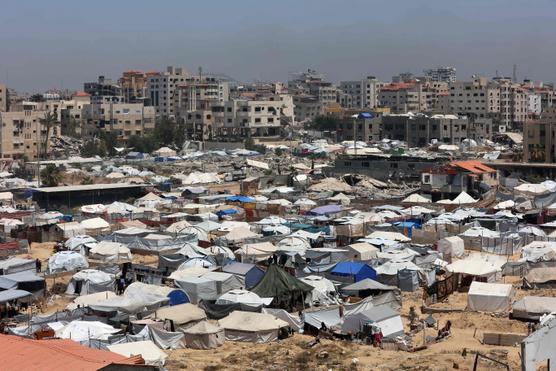LE MONDE

Jean-Pierre Filiu, a French historian who has traveled to the Gaza Strip many times over the years, spent a month in the Palestinian territory from December to January. He answered questions from Le Monde’s readers about what he saw there.
Between December 19, 2024, and January 21, 2025, French historian Jean-Pierre Filiu, who writes a weekly column on the Middle East in Le Monde, was able to go to the Gaza Strip. The professor at Sciences Po university is publishing his eyewitness account in a book, Un historien à Gaza (“A Historian in Gaza”), set to be released this week in French.
On Monday, May 26, Filiu answered questions from Le Monde‘s readers. Here is a translation of the Q&A originally published in a liveblog in French.
Menton: What event shocked you the most during your time in Gaza?
I was in Gaza from December 19, 2024, to February 21, 2025 – a full month of open hostilities, plus two days of truce. The paradox is that the most violent days were those preceding the truce coming into effect, on January 19. The Israelis intensified the bombings, sometimes very close to where I was staying, while the outside world had been celebrating the announcement of a ceasefire since January 15. The most shocking thing I experienced is the gap between the ordeals experienced in Gaza and the outside world’s perception.
Empathie: How are orphans being cared for in Gaza at the moment? Is there any estimate of their numbers?
The tragedy of Gaza’s orphans is one of the worst disasters unfolding within the broader tragedy of the besieged enclave. The number of orphans is the subject of much debate due to the collapse of the health system and the disappearance of entire families, sometimes with only one surviving child. The society, which I once knew to be so protective within its family structures, has itself collapsed under the weight of widespread slaughter and repeated displacements. Wounded orphans are left abandoned in hospitals with no relatives, not even distant ones, coming to claim them. Bands of street children haunt public dumps, scavenging nylon and wood to resell as fuel.
Le Monde for more
